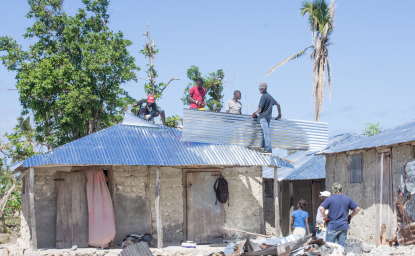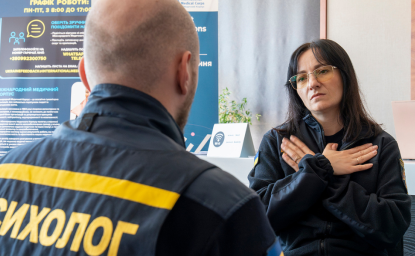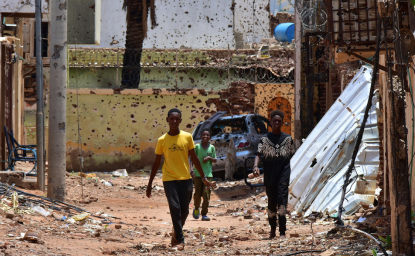Dawn of the Smart City? Perspectives From New York, Ahmedabad, São Paulo, and Beijing





Rapid growth and environmental change are creating new challenges for urban areas around the world. From climate change adaptation and crime prevention to the integration of new residents, much is being asked of municipal governments. At the same time, new technologies – from data collection and real time monitoring to sophisticated “control centers” – are being developed that could help inform urban decision making and improve city management. Four essays present perspectives on the ideas behind smart cities from New York, Ahmedabad, São Paulo, and Beijing.
Dawn of the Smart City? by The Wilson Center on Scribd
Authors





Urban Sustainability Laboratory
Since 1991, the Urban Sustainability Laboratory has advanced solutions to urban challenges—such as poverty, exclusion, insecurity, and environmental degradation—by promoting evidence-based research to support sustainable, equitable and peaceful cities. Read more


Brazil Institute
The Brazil Institute—the only country-specific policy institution focused on Brazil in Washington—aims to deepen understanding of Brazil’s complex landscape and strengthen relations between Brazilian and US institutions across all sectors. Read more


China Environment Forum
China’s global footprint isn’t just an economic one, it’s an environmental one. From BRI investments in Africa and Asia to its growing presence in Latin America, understanding China’s motivations, who stands to gain - and who stands to lose - is critical to informing smart US foreign policy. Read more


Environmental Change and Security Program
The Environmental Change and Security Program (ECSP) explores the connections between environmental change, health, and population dynamics and their links to conflict, human insecurity, and foreign policy. Read more

Explore More
Browse Insights & Analysis
In the Wake of a Tropical Cyclone: Turning to Violence or Building Peace?

Healing Ukraine's Invisible Scars

